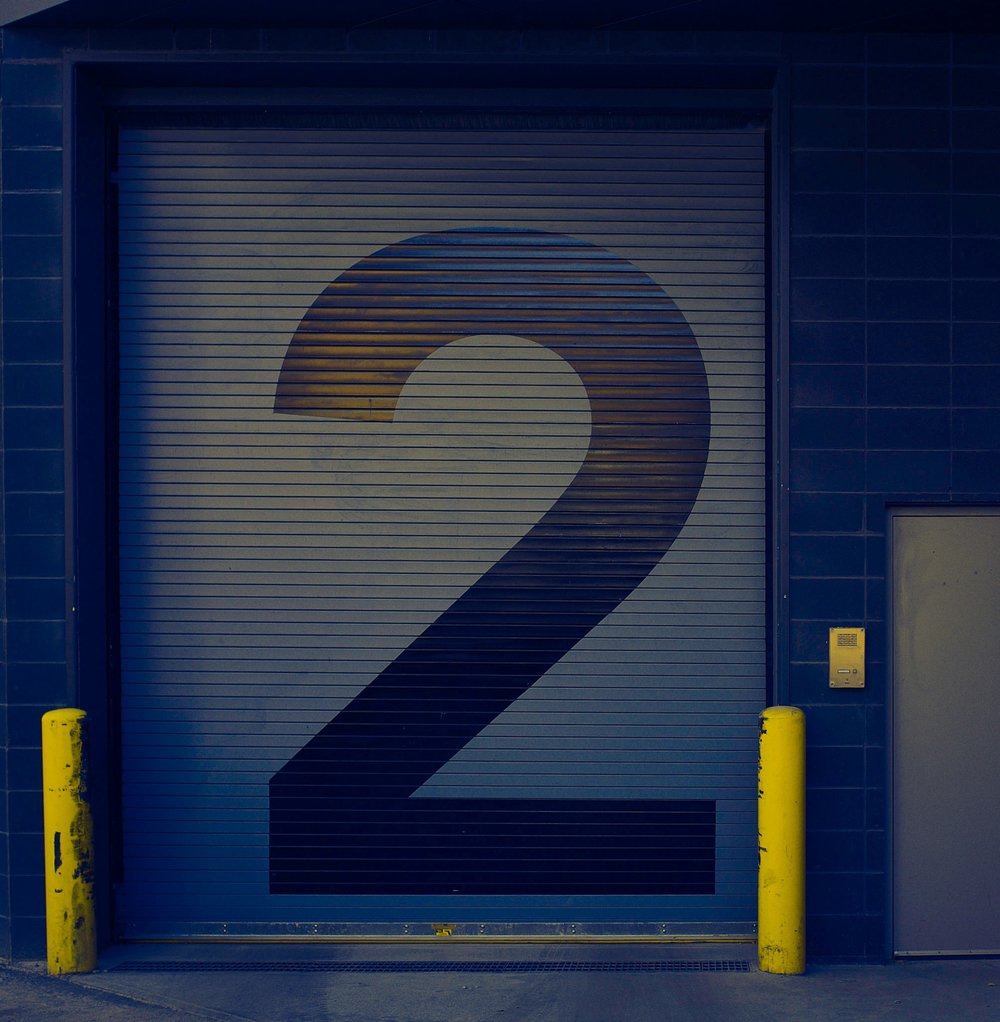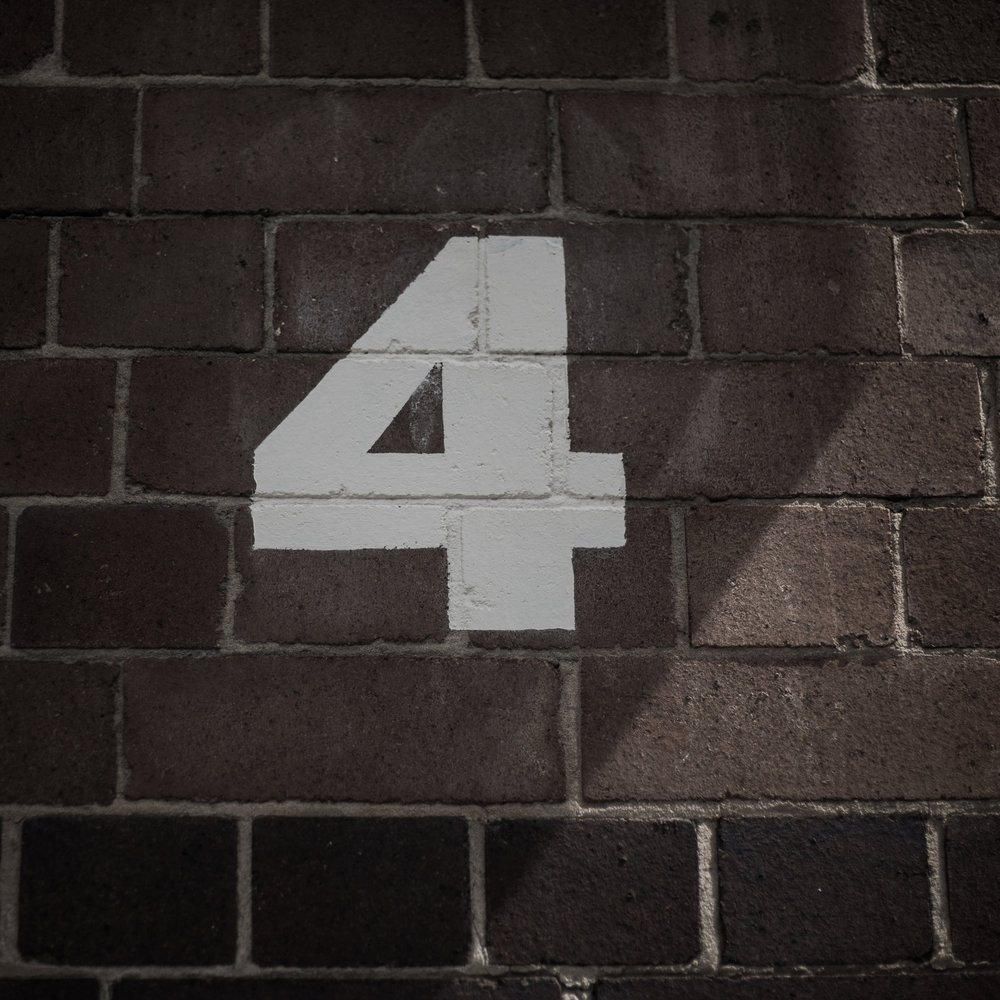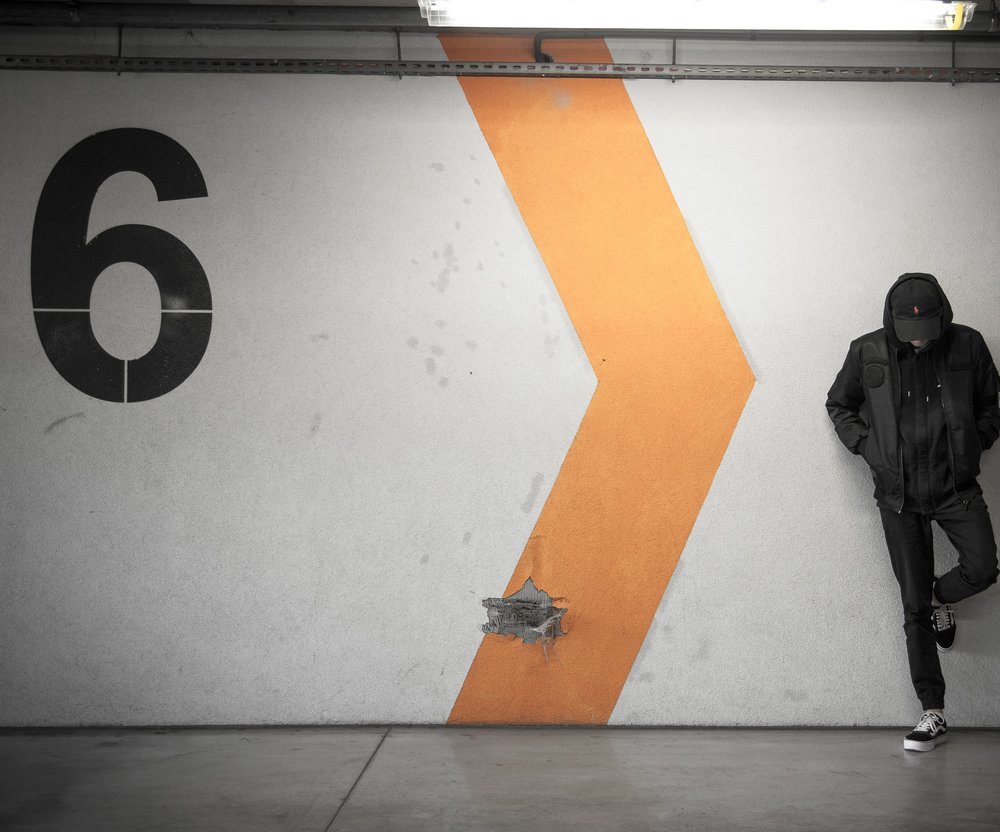2021 Organizing and Legislative Priorities
Below is an overview of the issues that CTJJA will be prioritizing this year and during Connecticut’s 2021 legislative session. These priorities are our immediate next steps to support the asks and goals of our #InvestInMeCT campaign. To learn more about #InvestInMeCT click here.

2021 Legislative Priority: Remove youth under 18 from prison-like environments
All youth under 18 should be removed from prison-like environments. Those who need out-of-home treatment should be in small, therapeutic juvenile facilities. This includes removing youth under 18 from adult correctional environments pre- and post-trial. means:
The State of CT develops a timeline to phase out the use of REGIONS secure units inside the juvenile detention centers
The State of CT stops housing any youth under 18 in adult prisons run by DOC
CSSD and DOC develop their capacity to provide local, intensive, individualized wrap-around supports to youth and families —this would create community-based alternatives to incarceration or out-of-home placement
2021 Legislative Priority: Raise the minimum age of arrest from 7 to 12
In 2019, nearly 100 kids under 12 — including one six-year-old — were arrested and sent to court in the State of Connecticut. Historically, the vast majority of these cases involve misdemeanors; more often than not, the charges are either dismissed or discharged without prosecution.
This not only wastes time and resources, involvement with the police and courts inflicts unnecessary trauma on children so young. Research shows that involvement with courts makes them more, not less likely to become court-involved in the future.
For a more detailed overview of this issue, read CTJJA’s fact sheet on raising the minimum age of arrest to 12.


2021 Legislative Priority: Remove Police from Schools
School Resource Officers (SROs) do not measurably increase safety. Further, the presence of an SRO in a school increases the likelihood that youth, specifically Black and Latino youth will be referred to law enforcement and/or arrested. Experiencing arrest, or watching a classmate experience arrest, can be traumatizing for students.
Police presence in schools to address “safety” must be viewed through a racial justice lens due to the disproportionate, negative impact of SROs on students of color. Instead of paying for a police presence in schools, districts should increase investment in people trained and programs focused on providing health and mental health services, behavioral support, and student achievement.

Connecticut must formally address racial disparities in its juvenile justice system
Data show clear racial disparities in outcomes for court-involved youth in Connecticut. The State must create a plan to redress the disproportionate minority contact that has plagued our juvenile justice system, creating structural iniquities for youth of color.
An effective plan must include concrete goals, an implementation strategy, and a timeline: without these elements, Connecticut residents have no way to hold the system accountable.

Prioritize youth, family, and community voices
Youth, family, and community experiences and expertise must be meaningfully included at every decision-making table. This includes new committees or task forces created as well as updating groups created in the past.

Address inhumane conditions of confinement for youth
Until youth can be removed from adult facilities, conditions must be improved. Youth incarcerated in the adult system must not be put in solitary confinement (or kept isolated in their cells without programs or services for more than 4 hours at a time - no matter what that isolation is called). No youth, in any program or facility, run by any state or contracted agency, should be subject to chemical restraint.
A highly detailed, comprehensive review of juvenile confinement in Connecticut was presented by the Office of the Child Advocate in their 2019 report, available here.